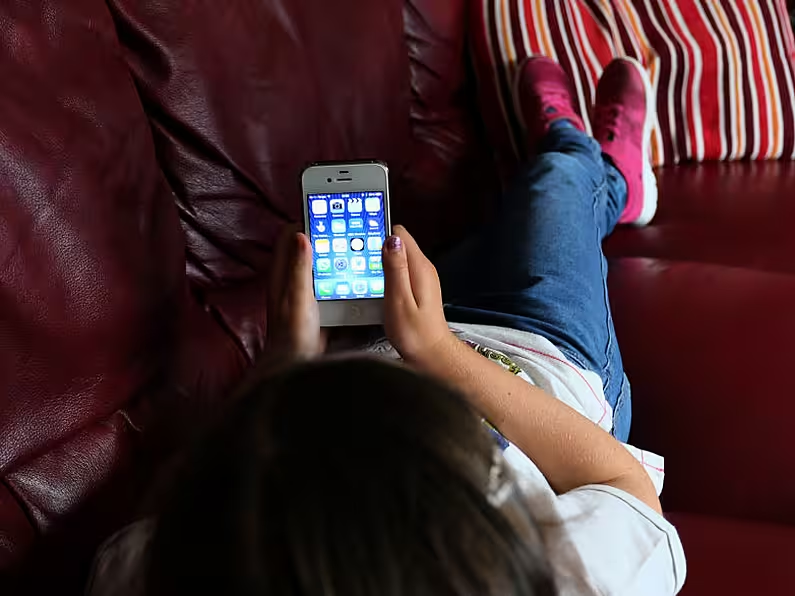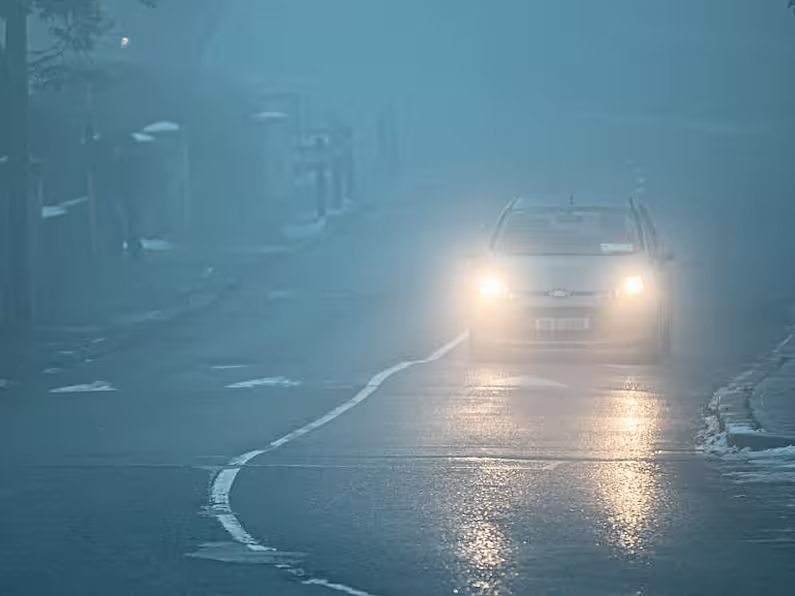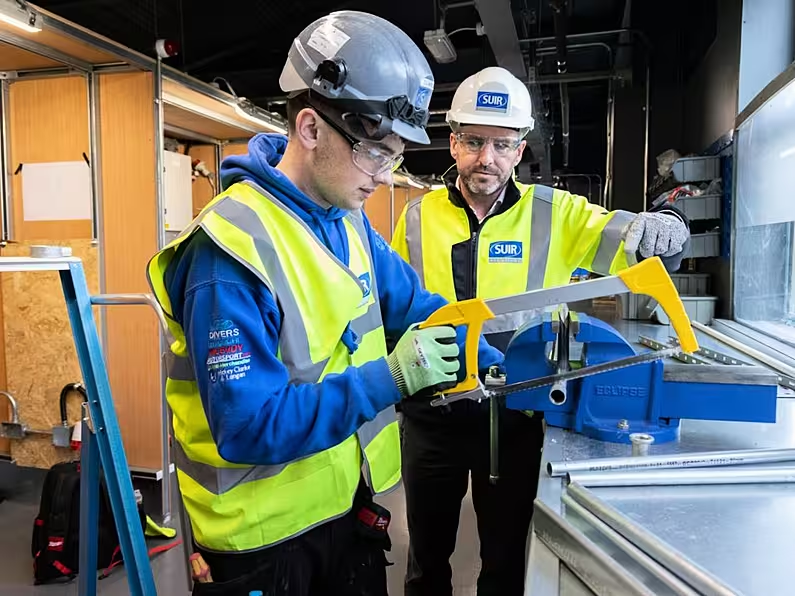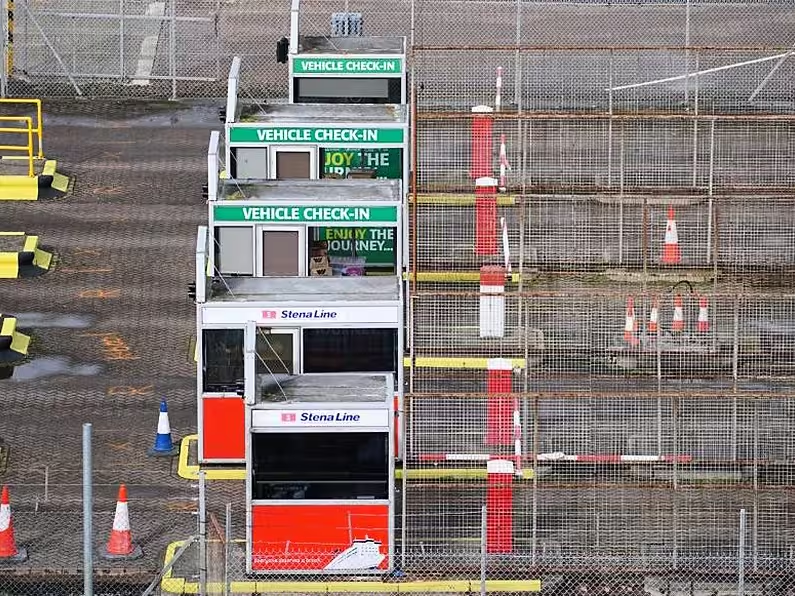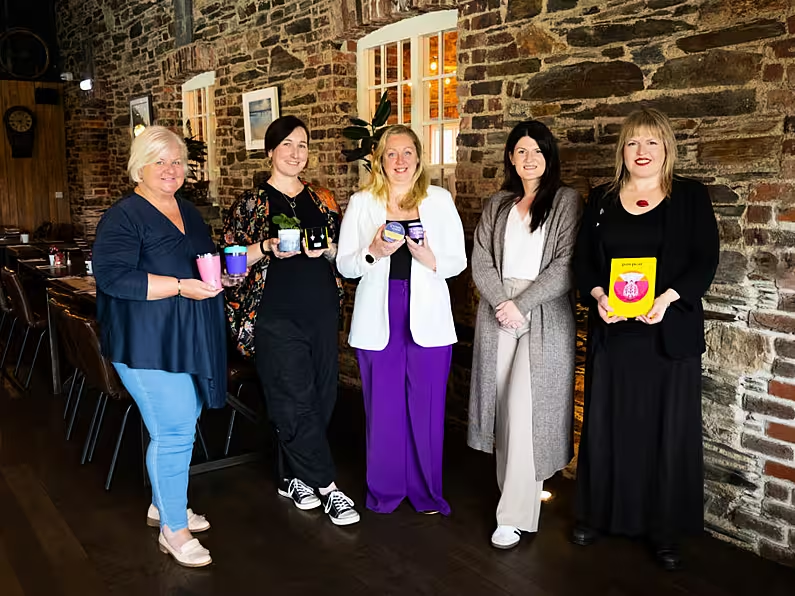More than half of parents do not feel confident about keeping their children safe online, though over 80 per cent feel it is their responsibility, a study has found.
The survey of 900 parents of children aged five to 17 with smartphone access, commissioned by CyberSafeKids and conducted by Amárach research, finds more than a quarter of parents are “extremely concerned” about the risk of online grooming, cyberbullying and the risk of accessing pornography as well as social media addiction and content relating to self-harm.
Published to coincide with Safer Internet Day, the findings underline the risky environments in which some children are accessing the online world, and how young some of them are.
Almost a quarter (24 per cent) of six-year-olds have their own smartphone and 45 per cent of 10-year-olds are allowed to use their smartphones in their bedrooms.
Just 28 per cent of parents use parental controls and only 20 per cent of parents felt the good the internet could bring their children outweighed the risks.
Supervision of internet access is lower during weekends and holiday times. Some 80 per cent of parents of children aged 11 with smartphones said their child’s internet access is only sometimes or never supervised.
Alex Cooney, chief executive of CyberSafeKids, said the research identified a “worrying gap between children’s access and their parents’ ability” to support them to be safe online.
“Parents need to be aware that the safety of any child with unrestricted and unsupervised access to smart devices is at risk. It’s alarming to find that children as young as five are being allowed to use smartphones alone in their bedroom. Our Same Rules Apply campaign seeks to support parents in approaching children’s online lives with the same care, attention and supervision that we apply to their offline lives.”
Debbie Cullinane, a child and adolescent psychotherapist, noted: “One of our most important jobs, as parents, is to keep our children safe – both offline and online. Knowledge is power and in today’s digital age, establishing clear boundaries and empowering your child with appropriate information is imperative. By modelling positive behaviour, instilling core values and fostering open communication, we can navigate the online world together, to promote a safer online experience for our children and teenagers.”
CyberSafeKids is calling on the Government for “fundamental changes” to keep children safer online, including a mandatory online safety education programme in schools.



